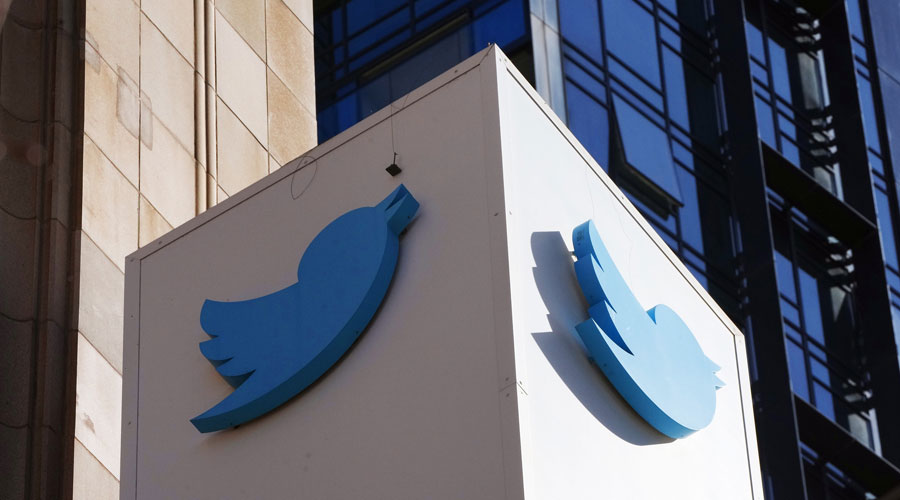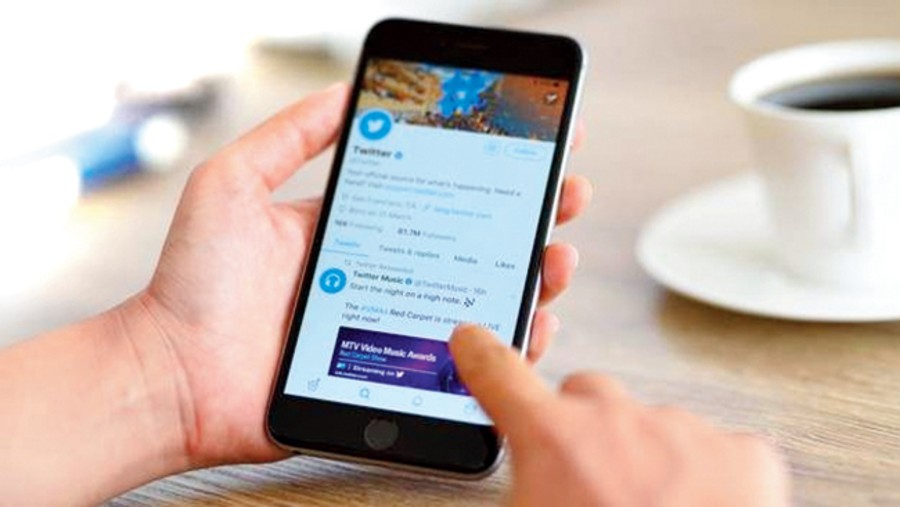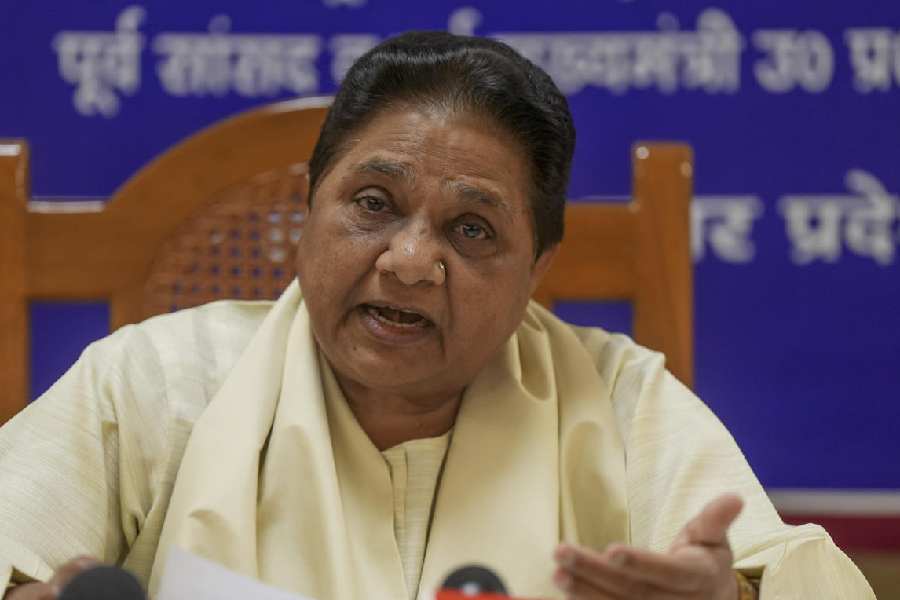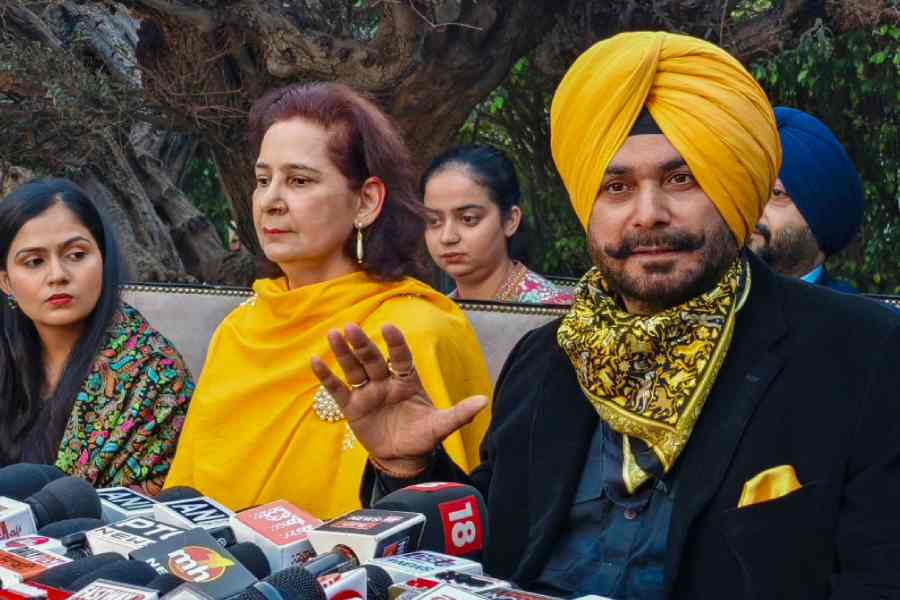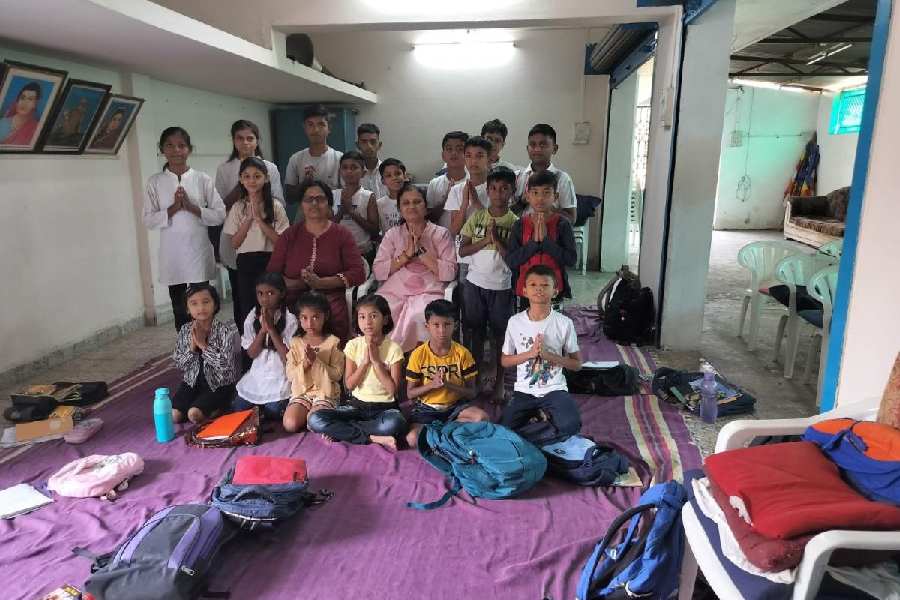A former security head of Twitter has alleged that the Indian government forced the firm to hire its agents who accessed user data when “intense protests” were taking place in the country.
The revelations were made last month by Peiter Zatko in complaints to the Federal Trade Commission, Securities and Exchange Commission and the department of justice of the US. They have been reported by The Washington Post, CNN and Time magazine.
Zatko has filed a separate disclosure of this claim with the counterintelligence and export controls section within the national security division of the department of justice, and the Senate Select Committee on Intelligence.
Digital rights activist Srinivas Kodali explained that the allegation could lead to the US government examining this as a threat to their national security, and strengthen calls for encryption of direct messages on Twitter that the Indian government may oppose.
The revelations come at a time Karnataka High Court is hearing a plea by Twitter against 10 orders from the Centre to block users, and a deal with investor Elon Musk has run into hurdles after he complained of fake accounts on the platform. Zatko has accused Indian-origin CEO Parag Agrawal, who sacked him in January, of lying about fake users or bots.
The Post reported: “Zatko’s complaint says he believed the Indian government had forced Twitter to put one of its agents on the payroll, with access to user data at a time of intense protests in the country. The complaint said supporting information for that claim has gone to the National Security Division of the Justice Department and the Senate Select Committee on Intelligence. Another person familiar with the matter agreed that the employee was probably an agent.”
The Post reported: “Senate Intelligence Committee spokeswoman Rachel Cohen said the committee is trying to set up a meeting with Zatko to discuss the complaint in detail.”
Time reported: “His disclosures allege that Twitter executives hired two people whom he believes were Indian government agents and put them in positions with ‘direct unsupervised access’ to internal Twitter data and information. This was just one example of Twitter’s ‘negligence and even complicity with respect to efforts by foreign governments to infiltrate, control, exploit, surveil and/or censor’ the platform, its staff and its operations, Zatko alleges.”
The magazine added: “Zatko accuses Twitter executives of ‘lying about bots’ to Musk, shareholders and Twitter users, alleging that the platform has far more spam accounts than it lets on, and that executives are disincentivised to count them properly because doing so would negatively affect their bonuses.”
Earlier this month, a former Twitter employee was convicted in the US of spying for Saudi Arabia.
The report in Time added: “Zatko alleges that Agrawal — a few months before his promotion to CEO — advocated for Twitter’s expansion into Russia, even if it meant abiding by the country’s censorship and surveillance demands. Zatko also writes that in 2022, the US government told Twitter that at least one of their employees was working for a foreign intelligence agency. He does not say how Twitter responded.”
Neither the Press Information Bureau of the Union government nor Twitter responded to emails from this newspaper seeking their views on the allegations.
Kodali told The Telegraph: “Nothing is likely to happen in India (immediately in response to the allegations). The US will see it as a threat to national security. I don’t know if they will see it as an act of aggression…. The proceedings of the senate committee on intelligence are likely to be secret (in camera). It is likely that the CEO will be asked to depose, and more records may be subpoenaed from Twitter.”
He added: “The US will try to clean up Twitter, given how it has affected elections there, and clean bots…. This will lead to lesser hate speech or harmful content in India as well. India may block Twitter if it loses control as a result of the action the US may take. There is a huge demand to encrypt DMs (direct messages) which are currently not encrypted (and can hence be accessed by security agencies).”
This is not the first allegation of social media giants succumbing to pressures from governments.
Last year, two former Facebook employees claimed that the platform went easy on hate speech, including anti-Muslim content in India from pages that supported the Sangh, and that the company avoided action against fake accounts linked to BJP MP Vinod Sonkar in 2019 and 2020.
In 2020, Facebook’s India public policy head quit after a news report that she opposed action against hate speech by BJP legislators. In March this year, an analysis of advertisement data revealed that Facebook offered the BJP cheaper rates than other parties for political ads.
A former security head of Twitter has alleged that the Indian government forced the firm to hire its agents who accessed user data when “intense protests” were taking place in the country.
The revelations were made last month by Peiter Zatko in complaints to the Federal Trade Commission, Securities and Exchange Commission and the department of justice of the US. They have been reported by The Washington Post, CNN and Time magazine.
Zatko has filed a separate disclosure of this claim with the counterintelligence and export controls section within the national security division of the department of justice, and the Senate Select Committee on Intelligence.
Digital rights activist Srinivas Kodali explained that the allegation could lead to the US government examining this as a threat to their national security, and strengthen calls for encryption of direct messages on Twitter that the Indian government may oppose.
The revelations come at a time Karnataka High Court is hearing a plea by Twitter against 10 orders from the Centre to block users, and a deal with investor Elon Musk has run into hurdles after he complained of fake accounts on the platform. Zatko has accused Indian-origin CEO Parag Agrawal, who sacked him in January, of lying about fake users or bots.
The Post reported: “Zatko’s complaint says he believed the Indian government had forced Twitter to put one of its agents on the payroll, with access to user data at a time of intense protests in the country. The complaint said supporting information for that claim has gone to the National Security Division of the Justice Department and the Senate Select Committee on Intelligence. Another person familiar with the matter agreed that the employee was probably an agent.
“Senate Intelligence Committee spokeswoman Rachel Cohen said the committee is trying to set up a meeting with Zatko to discuss the complaint in detail.”
Time reported: “His disclosures allege that Twitter executives hired two people whom he believes were Indian government agents and put them in positions with ‘direct unsupervised access’ to internal Twitter data and information. This was just one example of Twitter’s ‘negligence and even complicity with respect to efforts by foreign governments to infiltrate, control, exploit, surveil and/or censor’ the platform, its staff and its operations, Zatko alleges.”
The magazine added: “Zatko accuses Twitter executives of ‘lying about bots’ to Musk, shareholders and Twitter users, alleging that the platform has far more spam accounts than it lets on, and that executives are disincentivised to count them properly because doing so would negatively affect their bonuses.”
Earlier this month, a former Twitter employee was convicted in the US of spying for Saudi Arabia.
The report in Time added: “Zatko alleges that Agrawal — a few months before his promotion to CEO — advocated for Twitter’s expansion into Russia, even if it meant abiding by the country’s censorship and surveillance demands. Zatko also writes that in 2022, the US government told Twitter that at least one of their employees was working for a foreign intelligence agency. He does not say how Twitter responded.”
Neither the Press Information Bureau of the Union government nor Twitter responded to emails from this newspaper seeking their views on the allegations.
Kodali told The Telegraph: “Nothing is likely to happen in India (immediately in response to the allegations). The US will see it as a threat to national security. I don’t know if they will see it as an act of aggression…. The proceedings of the senate committee on intelligence are likely to be secret (in camera). It is likely that the CEO will be asked to depose, and more records may be subpoenaed from Twitter.”
He added: “The US will try to clean up Twitter, given how it has affected elections there, and clean bots…. This will lead to lesser hate speech or harmful content in India as well. India may block Twitter if it loses control as a result of the action the US may take. There is a huge demand to encrypt DMs (direct messages) which are currently not encrypted (and can hence be accessed by security agencies).”
This is not the first allegation of social media giants succumbing to pressures from governments.
Last year, two former Facebook employees claimed that the platform went easy on hate speech, including anti-Muslim content in India from pages that supported the Sangh, and that the company avoided action against fake accounts linked to BJP MP Vinod Sonkar in 2019 and 2020.
In 2020, Facebook’s India public policy head quit after a news report that she opposed action against hate speech by BJP legislators. In March this year, an analysis of advertisement data revealed that Facebook offered the BJP cheaper rates than other parties for political ads.

